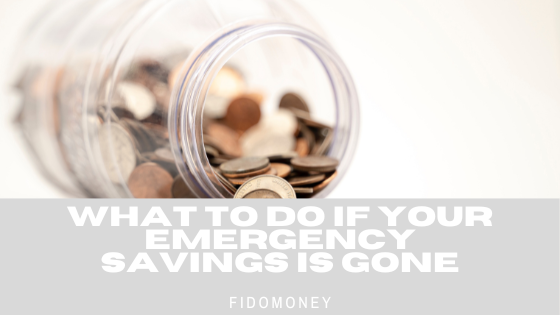Reassess Your Situation
If you’re faced with a financial setback and your emergency savings are gone, the first thing you should do is take a fresh look at your situation. Figure out how your monthly income has changed. Look at your expenses to see what you can either reduce or eliminate. If you have some savings left, add that to your budget to see how you can make the most efficient use of it. Look at your available credit and any assets you can use to generate passive income. For instance, an empty bedroom can generate rental income.
Cut Debt and Unnecessary Expenses
Your next step will be to reduce what you have to pay out each month. Depending on your situation, you might qualify for Covid relief deferments or hardship assistance. Ask your creditors about those options. Look for ways to reduce how much energy your home uses and how much you spend on groceries. Unnecessary subscriptions, such as streaming services, should be stopped. Dine out less frequently and limit trips to the movie theater. Making these temporary changes to your lifestyle will help you save more and recover faster.
Look for Additional Sources of Funding
While you thought you would never do it, this is one of the few times it’s acceptable to borrow from your IRA or 401k. See if you’re eligible to borrow from your life insurance policy. There are also government programs that might be able to help you out. Your family might qualify for SNAP (food stamps) or WIC (for women, children, and infants). Apply for Medicaid if you have lost health insurance coverage. If you contact your local Social Services office, they can help you apply for more types of assistance.
While your emergency fund may seem sufficient, you should never stop contributing to it. Far too often, households are financially devastated by two or more emergencies happening at the same time. Continuing to save your disposable cash will leave you in a better position to deal with those economic repercussions.
